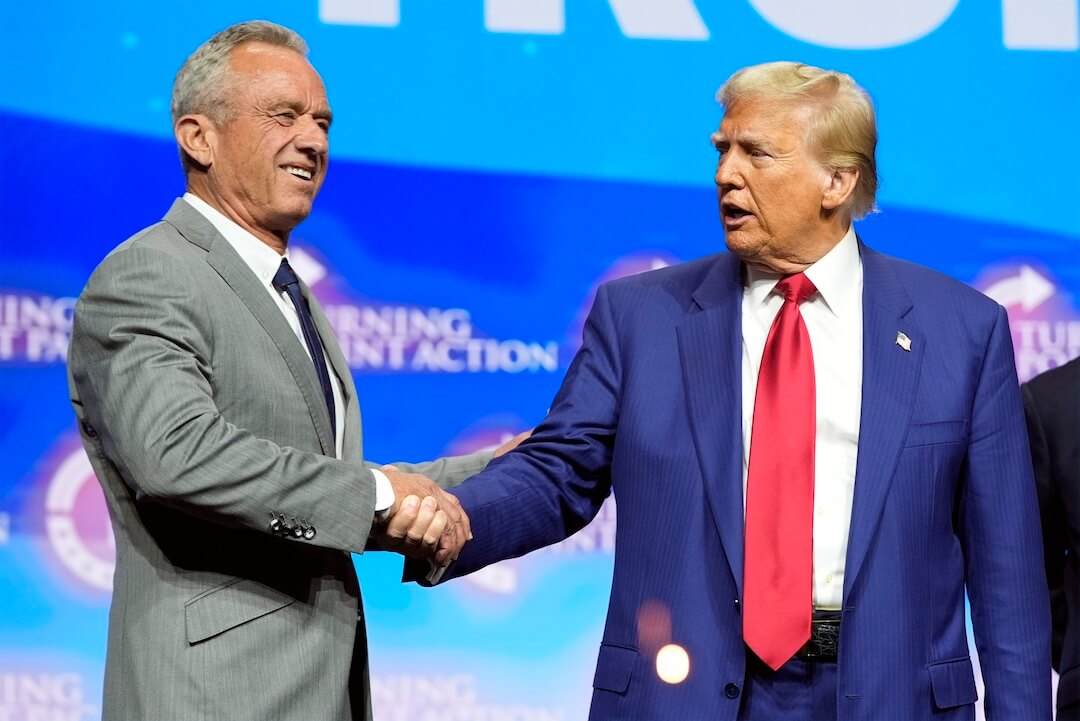The Guardian | The New York Times | NPR
There were problems with the style and tone of Emma Keller’s Jan. 8 piece about Lisa Bonchek Adams, who has stage IV breast cancer and writes about her experiences on Twitter. There were editing problems and some difficulties that, for now, likely won’t be resolved, Chris Elliott, the Guardian readers’ editor, wrote Thursday.
The Guardian removed Keller’s piece from its site Jan. 13, after a wave of reader complaints and a Twitter backlash.
Adams and her family were shocked by the blog post, which she has said completely misrepresented the nature of her illness and her reasons for tweeting, was riddled with inaccuracies, and quoted from a private direct message to Keller through Twitter published without permission.
It was a shock compounded by the publication on 13 January in the New York Times of a column by Keller’s husband, Bill Keller, a former NYT executive editor, which also focused on Adams’s use of social media.
Keller told Elliott that she regretted not giving Adams notice that she planned to quote from direct messages on Twitter. Keller also regretted not giving Adams a head’s up that the piece was coming, Elliott wrote.
I don’t think it is wrong to frame a question about how those with incurable illnesses use social media, but the Guardian was wrong in the way it went about it. I have written to Adams to suggest we put up a fresh piece dealing with all her issues when she is able to engage with us, and to offer to publish a response entirely from her point of view. However, it is only right that this should be in her own time and that she should be allowed to get on with her treatment without any pressures. Therefore I do not anticipate that I will have fully resolved all issues for some time, and I think that we should not restore Keller’s original article to our website until I can do so.
In July, Elliott wrote about the Guardian’s policy regarding removing posts. “If we gave way to every request to chip and change, the archive would resemble a bar of Aero, and readers couldn’t trust it,” he wrote. One of the guidelines he wrote for considering deletion: “Where it can be shown that someone’s life or health – be it mental or physical – is in danger due consideration will be given to the alteration or removal of content, for instance the substitution of a real name with a pseudonym.”
Since the backlash from both pieces, numerous responses have been published, including a Jan. 13 piece from The New York Times’ public editor, Margaret Sullivan.
In this case, I’ll go so far as to say that there are issues here of tone and sensitivity. For example, when Ms. Adams has made it so abundantly clear in her own work that she objects to the use of fighting metaphors in describing experiences with cancer, it was regrettable to use them throughout a column about her, starting with the first sentence. It suggests that Mr. Keller didn’t make a full effort to understand the point of view of the person he’s writing about on the very big and public stage that is The Times. And although I haven’t read all of Ms. Adams’s writing, readers are complaining about other examples of this disconnect. The Times should consider publishing some opposing points of view, possibly in the form of an Op-Ed column from a contributor.
On Jan. 14, NPR’s Linda Holmes gets past the raw emotions the whole thing brings up and points out where a real disconnect seems to exist.
You can certainly interpret his piece as the reflections of a man uncomfortable with Adams’ way of having cancer. Or you can interpret it as the reflections of a man uncomfortable with her way of talking about having cancer. But you can also see in it the deep skepticism so many people with long histories in traditional publishing have about social media, in part because they want to comment on it from outside, not inside. (Keller has a Twitter account but doesn’t use it much; it dates to 2009 but contains only 325 tweets.)
Adams’ writing isn’t broadcasts, Holmes wrote, but “narrowcasts,” “small-p publishing.” No one signs off, she wrote, no one deems what people tweet about important. People share what they know.
Anyone who finds this Not Their Bag will simply not read it; she is taking up no ink and no oxygen that rightly belongs to others. She didn’t ask for endorsement, she didn’t ask for sign-off, she didn’t ask for agreement. She’s just telling a story.






